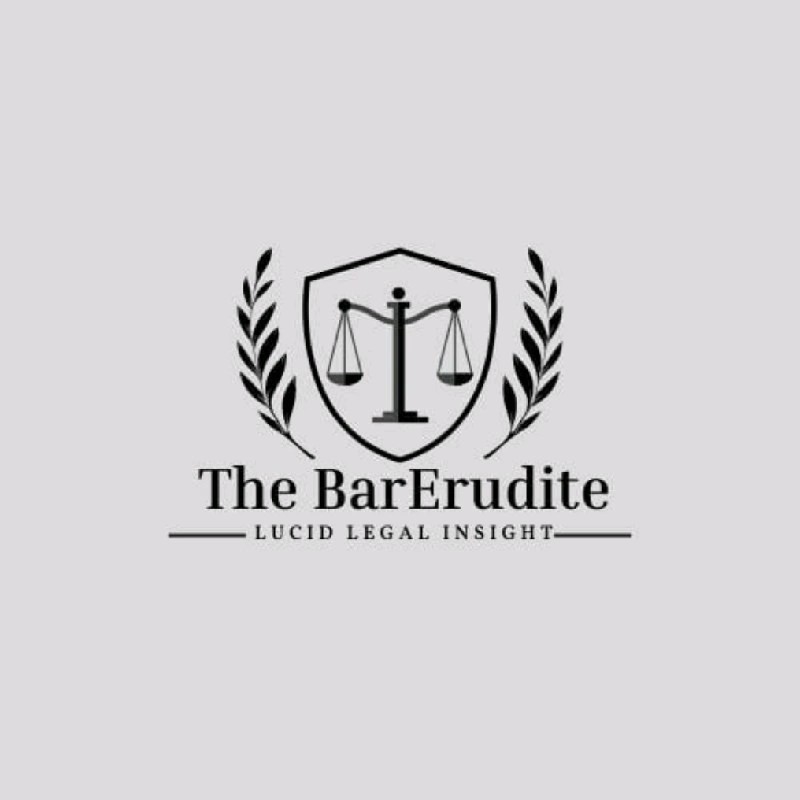PARNIKA MITTAL,
1ST YEAR STUDENT OF B.A. LL.B. (HONS.) OF D.R. B.R. AMBEDKAR NATIONAL LAW UNIVERSITY, SONEPAT, HARYANA
INTRODUCTION:
Deepfake is a type of technology that involves use of artificial intelligence. This artificial intelligence is used to create fake pictures, audios and videos in such a way that it convinces other people to be real. It is one of the latest technologies used now-a-days and used to fraud people by altering the existing content in wrong manner.
For example- Recently one video of Rashmika Mandanna went viral on social media in November 2023. This video showed a lady using an elevator wearing some revealing black dress making it a little vulgar. Originally, the video was of a lady named Zara Patel who is a British Indian influencer.
HISTORY OF DEEPFAKE:
Though the term deepfake was first coined by Reddit Moderator in 2017 but this concept can be traced back from 1990s when researchers started forming realistic images of humans. This became more popular in 2010 when further advancements started taking place in this field like availability of large datasets, further advancements in machine learning and new computing sources. There was a point when there was no return for this technology that was in 2014. In 2017, this technology reached to a point that it started being misused. People started getting too much involved in this wrongfully that in 2018 experts started expressing their concern over too much usage of deepfake technology. Later that year, various policies were brought to moderate the usage of deepfake technology. In 2019, several countries like US started making laws regarding the regulation of this technology and it is continued till date.
LEGITIMATE USES OF DEEPFAKES:
Deepfakes has been both a boon as well as bane to the society. It can be used in various fields like education, healthcare, gaming, creativity and innovation, etc.
- Education- It can help in assisting a teacher that delivers engaging lectures beyond traditional methods of teaching.
- Autonomy and Expression- Deepfakes help individuals to create their self-avatar to express themselves that help them gain autonomy and expand their purpose, ideas and beliefs.
- Innovation- Deepfakes help customers to turn into models in fashion retail industry by allowing them to virtually try on all latest clothes as well as accessories. It creates a type of virtual trial room.
RISKS FACED BY DEEPFAKES:
- Misinformation and fake news- Deepfakes are used to create fake videos, images and audios to mislead information. Inaccurate content is used to defame, deceit and engage in some misconduct. During COVID-19, there was a spread of video showing that consumption of cow urine can be used as preventive measure against COVID-19.
- Political Manipulation- Political deepfakes are commonly formed worldwide. It has a negative impact on the citizens regarding political leaders. These are used to damage the image of renowned political figure by showing that either they are accepting bribe or admitting to be a part of crime, etc.
- Cyberbullying and Harassment- Individuals are targeted through this technology to harass or defame them online by uploading malicious content. This content includes individual getting involved in wrongful activities or making false statements, etc. it is mostly used for content related to pornographic nature without individual’s consent. It is used to commit crimes such as revenge porn, extortion and blackmail.
- Privacy-related concerns- Deepfakes can be used to create explicit content using the face or voice of an individual without their consent violating their privacy and causing harm to their personal as well as professional life. This can also include creating intimate or sexual content without their consent.
- Frauds through Impersonation- Impersonation deepfakes can be used to defraud individuals, businesses or organizations. Individuals with wrong intent using phishing can use the voice of renowned business leaders scamming people by asking for sensitive information or some money transfers leading to financial losses.
CURRENT SCENARIO:
McAfee, a global security company, surveyed that around 22% Indians has come across a political deepfake this year. According to the report, 55% of these people said that what is more worrisome about deepfakes is cyberbullying, 52% said that it was fake pornographic content, 49% said facilitating scams, 44% said impersonating public figures, 37% said undermining public trust in media, 31% said influencing elections, and 27% said distorting historical facts. According to McAfee, number of victims are more than reported as there are many people who have been the victim of deepfake but didn’t realize much earlier and failed to report.
CASE LAWS:
In the recent case of Nirmaan Malhotra v Tushita Kaul, husband and wife had a five-year-old daughter and husband alleged wife of living in adultery. He also showed some photographs but the court acknowledged the possibility of deepfakes and indicated that this issue would require evidence to be presented in the pending divorce proceedings initiated by the appellant/husband. An appeal was filed challenging the judgment and order dated 15-04-2024, whereby the application filed by the respondent/wife under Section 24 of the Hindu Marriage Act, 1955 was disposed of and appellant/husband was directed to pay a monthly maintenance of Rs. 75,000 to the respondent/wife, effective from the date of the application, with an annual increase of 7% starting from 01-04-2025.
In the case of Arijit Singh v. Codible Ventures LLP, the Bombay High Court addressed significant concerns over unauthorized use of celebrity’s persona. On July 26, 2024, the Bombay High Court granted an injunction against Codible Ventures LLP and other defendants, prohibiting them from using Arijit Singh’s name, voice, image, and other personal attributes without his consent. This injunction was a response to the defendants’ use of AI tools to create duplicate recordings and mimic Singh’s vocal characteristics for commercial purposes.
LEGAL FRAMEWORK IN INDIA:
Protection of Personal Identity: Article 21 of the Indian Constitution guarantees the right to privacy, protecting individuals against unauthorized use of their identity or image in deepfake videos.
Under Indian Penal Code 1860, there are various provisions for deepfakes such as Defamation (Section 499), Forgery (Sections 463 and 468), Sedition (Section 124A), Criminal Intimidation (Section 504), Voyeurism (Section 354C) .
IT Act 2000 also includes various provisions regarding deepfakes such as Sections 66D and 66E (Impersonation and Privacy Violations), Section 79 (Intermediary Liability), Sections 67A and 67B (Sexually Explicit Material).
Copyright Act of 1957 includes Section 51 which provides protection against unauthorized use of copyrighted works without consent.
CONCLUSION:
Deepfakes are a powerful yet risky technology that can harm individuals and society. Existing laws provide some protection but often fall short in addressing deepfake-specific challenges. New legal frameworks are essential to protect privacy, prevent defamation, and maintain trust in institutions, especially during elections. Balancing innovation with responsible regulation is key to ensuring deepfakes are used ethically and safely. Various Awareness Campaigns and media literacy programs should be organized to further spread digital literacy regarding these matters.
REFERENCES:
1. https://www.techtarget.com/whatis/definition/deepfake
2.https://www.britannica.com/technology/deepfake
3.https://www.sciencedirect.com/science/article/abs/pii/S0148296322008335
4.https://www.knowledgenile.com/blogs/applications-of-deepfake-technology-positives-and-dangers
5.https://www.realitydefender.com/blog/history-of-deepfakes
7.https://www.realitydefender.com/blog/history-of-deepfakes
9.SCC OnLine Del 4326
10.SCC OnLine Bom 244511. https://jlrjs.com/wp-content/uploads/2024/07/66.-Ankita-Sultania.pdf



Leave a Reply